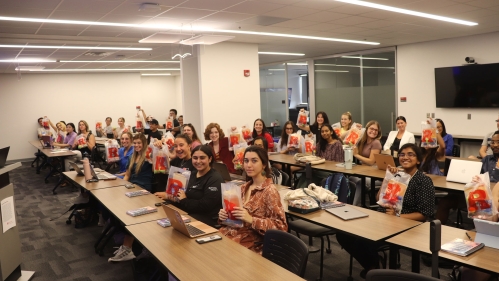
We've Built Something New
Graduate School of Applied and Professional Psychology website has been completely updated, so the page you are looking for may have changed. To find what you're looking for, you can search up top, or use the links below to explore.